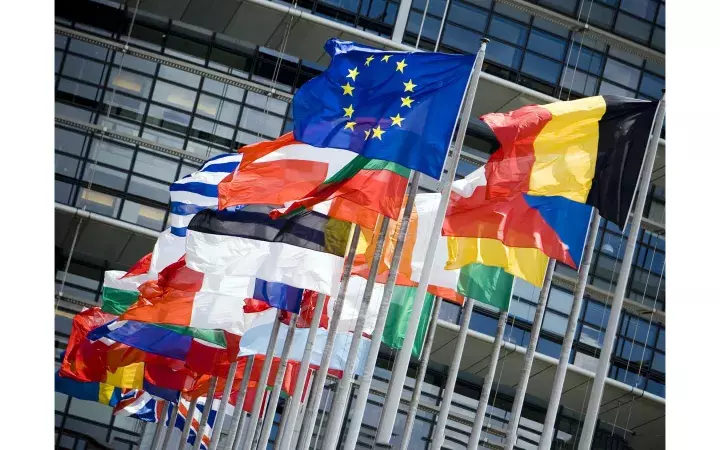
As stated in their press release from the 15th of February, the European Union has published new regulations regarding the proof of authenticity of documents issued in another EU-country.
While the authenticity of public documents (e.g. certificates of birth, death and marriage) up until now had to be proven with a stamp for it to be recognised in another EU-country, this proof is no longer required. This represents a significant reduction in costs, formalities and administrative expenses for citizens living or working outside of their country of origin.
In many cases, the requirement for a certified or official translation into the official language of the country of destination is also lifted, most documents are now recognised in their original language.
Specifically, the following regulations have been passed:
- Documents issued in another EU-country are to be recognised even without specific proof of authenticity.
- Citizens are no longer required to present a certified copy or translation of their document, but may instead use the multilingual standard forms available in all EU-languages
- Precautions for fraud: if the receiving authority has reasonable doubts about the authenticity of a public document, they can access the International Market Information System (IMI) and verify the authenticity with the issuing authority.
Important! These new regulations exclusively cover the authenticity of documents, they have no effect on the recognition or legal power of the document in the country of destination. These areas are still regulated by the domestic provisions of the individual member states.
These regulations apply for the following public documents:
- Birth
- A person being alive
- Death
- Name
- Marriage, including capacity to marry and marital status
- Divorce, legal separation or marriage annulment
- Registered partnership, including capacity to enter into a registered partnership and registered partnership status
- Dissolution of a registered partnership, legal separation or annulment of a registered partnership
- Parenthood
- Adoption
- Domicile and/or residence
- Nationality
- Absence of a criminal record
- The right to vote and stand as a candidate in municipal elections and elections to the European Parliament
The Regulation introduces multilingual standard forms as translation aids of public documents concerning:
- Birth
- A person being alive
- Death
- Marriage, including capacity to marry and marital status
- Registered partnership, including capacity to enter into a registered partnership and registered partnership status
- Domicile and/or residence
- Absence of a criminal record
Not all standard forms are issued in all Member States. Citizens can check which forms are issued in their EU country on the e-Justice Portal. Public authorities can download and use the forms from the e-Justice Portal.





